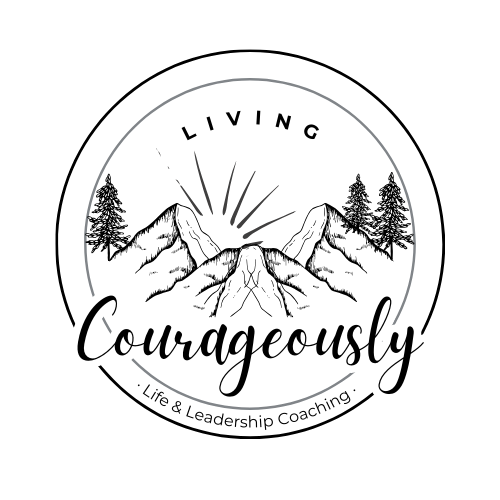It wouldn’t surprise anyone who has experienced the gnawing, consuming discomfort of remorse to discover that the word originally comes from the Medieval Latin remorsum meaning literally “to bite back, bite again.”
So how can we deal well with our life and leadership regret without it eating us alive?

As leaders, being able to deal healthily with regret over our mistakes, poor decisions or management failings (or indeed those of others) is an essential part of the job. And yet, considering how important it is, developing a good response isn’t always as simple as we might like.
Last week I heard an international business leader commenting that, ‘I just move on and don’t think about things. I can’t get depressed about my failings if never debrief anything!’
While I applaud the honesty (yes, we’ve all been there) it’s also worth questioning some inherent assumptions in this approach.
- Does reflective practice have to lead to despond?
- Are our only choices ‘ignore completely’ or ‘get lost in depression’?
- Do our failings in our leadership make us a failure as a person? (Thankfully the answer to this is generally a resounding NO! But that’s another blog post entirely..)
- And, what happens when a practice (or lack of one) that has historically served us personally doesn’t serve our team or company now?
We all want to bring wisdom from the experiences of yesterday to the decisions and action of tomorrow. If we never look back we risk never learning and growing from our experiences. This counts for our own growth, but also for our team and company’s development.
Working with a coach can be a meaningful part of us doing this well. Click here to learn more and book in a session.
Of course, the leader did have a point.
Regret can make us stuck; it can weigh us down; many of us are familiar with the mental cycle of rehashing the past that leads us nowhere in particular (except spiralling downwards).
Picture an ‘ignore-ruminate scale’ with ignore on one side and ruminate on the other. I’m naturally a ruminator. I know full well that regret can lead to a sea of despond; I haven’t just paddled in it, I’ve floated there on my back for seasons at a time (ironically, much to my regret…).

Where are you on the ignore-ruminate scale? What’s your go-to response to regret?
When we neglect to reflect we risk missing out on key insights from ourselves and our teams about how we could perform and become even better. The past is key food for thought and development.
But when intentional reflection becomes endless rumination, condemnation or disqualification, instead of us digesting what happened, we get eaten alive by remorse. And that’s not useful for anyone either.
So what could a more healthy approach look like?
In the next post we’ll look at a useful method to bring purpose from the past and fruitfulness to the future.
Photo thanks to Artem Kovalev, Philipp Pilz and Piret Ilver on Unsplash


Leave a Reply